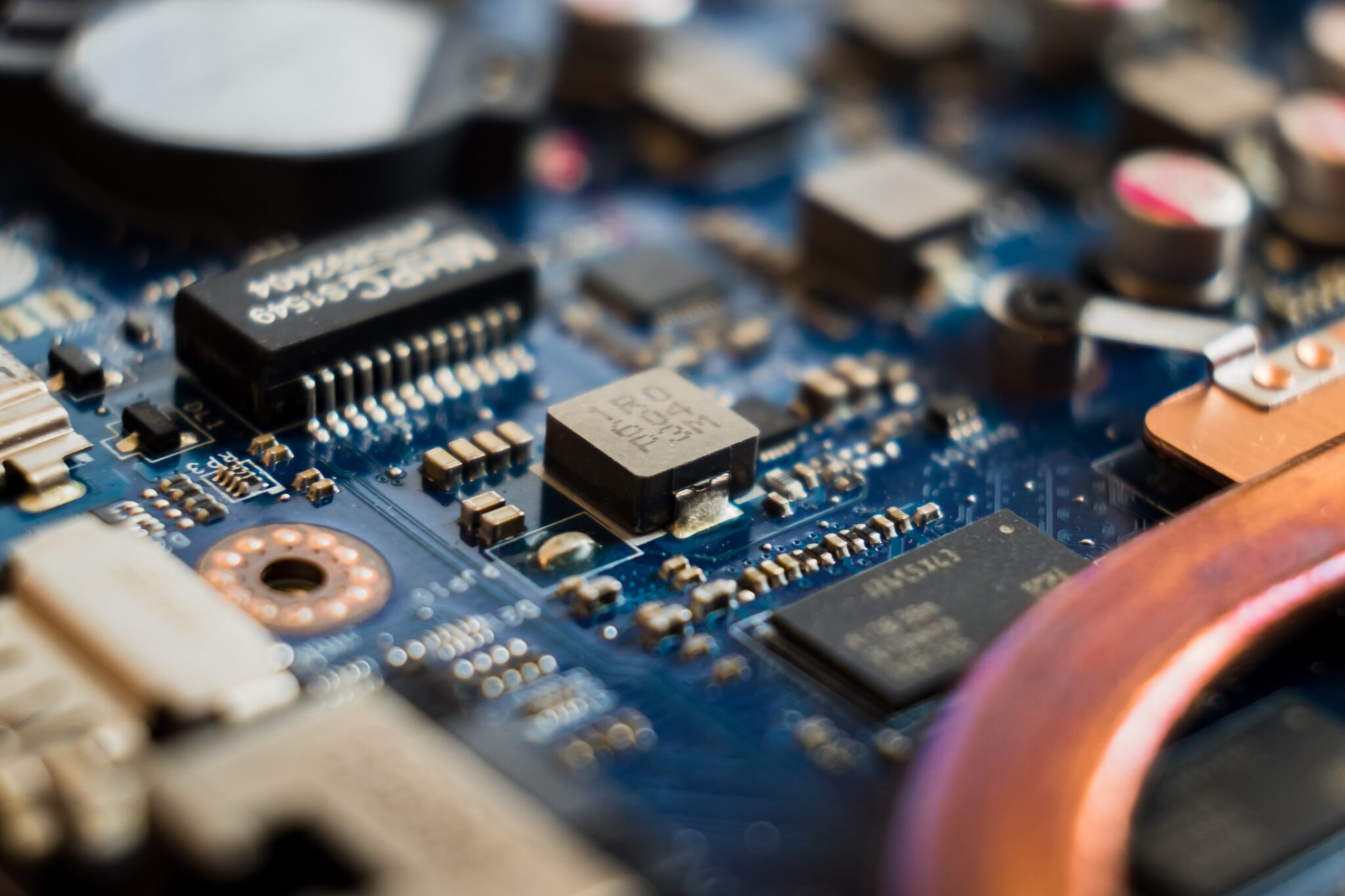Epoxy coatings are renowned for their excellent performance and wide range of applications. Epoxy resins and their coatings play an important role in the modification of synthetic resins, in the innovation of coating varieties and in the development of specialized coatings. At present, epoxy coatings (varnishes and magnetic paints) are one of the pillars of the coatings industry.

Composition of epoxy coatings
Epoxy coatings are composed of epoxy resins, epoxy esters, modified and cured synthetic resins (the above components are collectively referred to as base materials), curing agents, coloring pigments and body pigments (referred to as face fillers), solvents (including water), various functional additives and other materials. The main materials affect the usability of epoxy coatings as follows.
- Base material
The base material in epoxy coatings is an important film-forming substance. In addition to epoxy resin, there are also phenolic resin, amino resin, silicone resin, acrylic resin, polyurethane resin, polysulfide rubber, liquid polybutadiene, liquid nitrile rubber, furfuryl alcohol resin, coal asphalt and other auxiliary base materials. Epoxy resins and auxiliary base materials can be scientifically and reasonably matched to prepare various performance epoxy coatings.
- Curing agent
The curing agent structure and reaction activity play a decisive role in the curing reaction speed of epoxy coatings. For example, in the addition curing reaction, aromatic amine adducts, phenol/formaldehyde and amine condensate can make the epoxy resin fast curing at low temperature; No. 300 polyamide curing reaction with epoxy resin at low temperature is slow; acid anhydride and its derivatives can be fully cured with epoxy resin at higher temperature.
With E-44 epoxy resin as the base material, take the amine equivalent: epoxy equivalent=0.6:1, the curing reactivity of several amine curing agents at 10 to 12°C.
- Face filler
In the epoxy magnetic paint, the face filler is an indispensable component. It is worth suggesting the influence of the varieties of frontal fillers on the internal stress of the coating film. In the paint, increasing the amount of chin white and zinc oxide will improve the elastic modulus of the coating film, increase the internal stress and reduce the bond strength; increasing the amount of aluminum powder and talc will inhibit the volume shrinkage of the coating film, increase the elastic modulus, have no effect on the internal stress, and improve the bond strength of the coating film. Several commonly used fillers produce internal stress in the film in the following order: titanium white=zinc oxide>barium sulphate>calcium carbonate>talc=aluminum powder.
The internal stress of the epoxy coating film increases with the amount of zinc oxide, and the bond strength of the coating film decreases with the amount of zinc oxide. The test proves that when the internal stress of the coating film exceeds the bonding strength, the film will peel off; when the internal stress exceeds the cohesive strength, the film will crack.
- Additives
The auxiliaries in epoxy coatings are mainly curing accelerators, thixotropic agents, levelling agents, defoamers, flame retardants, plasticizers and coupling agents, etc. The curing accelerators have the greatest influence on the curing reaction speed.
When the epoxy resin in the epoxy coating reacts with the curing agent, the structure and dosage of the curing accelerator chosen has a great impact on the curing reaction speed. When the spatial resistance of the curing accelerator increases, it is not conducive to the curing reaction; the amount of curing accelerator increases, which will accelerate the curing reaction speed.
With liquid bisphenol an epoxy resin: multifunctional epoxide a hydrogen sulphone adducts=100:75 (mass ratio), choose tertiary amine as curing accelerator, at 25 ℃ for curing reaction.
With liquid bisphenol an epoxy resin: polyphenol=100:60 (mass ratio), DMP-30 was selected as the curing accelerator, and the curing reaction was carried out at 25°C. The effect of the amount of DMP-30 on the gel time is shown in the table below. In the table ① indicates the number of parts (by mass) of curing accelerator added to each 100 parts (by mass) of epoxy resin.
- Solid solvents
Most of the solvents used in epoxy coatings are a mixture of two or more organic solvents, also known as inert thinners (thinners for short). It is worth noting that solvents with different structures can have different effects on the curing reaction.
Inhibition of solvents in the curing reaction between epoxy groups and active hydrogen compounds, the hydrogen bond acceptor acts as a solvent to inhibit the curing reaction. Because the hydrogen bond acceptor will combine with the hydrogen bond giving body within the curing reaction system, consuming the concentration of the hydrogen bond giving body and slowing down the curing reaction. Let the hydrogen bond acceptor be Y, which combines with the hydrogen bond donor (HX) to form a hydrogen bond: Y+HY→Y….. HX
As a result of the formation of hydrogen bonding, resulting in the original curing system within the Li and epoxy group reaction efficiency is weakened, so that the epoxy resin molecules within (or curing reaction generated by) the autocatalytic effect of the base is weakened.
Reactivity of the solvent in the curing reaction system, there are often Lewis acid type curing accelerators. If cyclic ketones are used as solvents, ketamination reactions will occur. If the choice of esters as solvents, will occur between the ester and hydroxyl ester exchange reaction, this reaction will affect the performance of the curing film, especially in the baking conditions, the use of ketone and ester solvents should be very careful. Most of the solvents used in epoxy coatings are a mixture of two or more organic solvents, also known as inert thinners (thinners for short). It is worth noting that solvents with different structures can have different effects on the curing reaction.
Applications of epoxy coatings
At present, epoxy resins and their modified resins manufacture largely the same varieties of coatings and application areas its main application areas such as petrochemical, food processing, iron and steel, machinery, transportation, power electronics, marine engineering, underground facilities and the marine industry all use epoxy coatings in large quantities, specific applications are as follows.
Anti-corrosion coatings
Various anti-corrosion coatings have been prepared based on the specific requirements of anti-corrosion coatings. They are applied to steel surfaces, drinking water systems, electrical equipment, oil tankers, ballast tanks, aluminum and aluminum alloy surfaces and special media to prevent corrosion and obtain excellent results.
Marine Coatings
The harsh environment at sea with humidity, salt spray, strong UV rays and slightly alkaline seawater attacks is a severe test for the coating film. Epoxy coatings play an important role in naval protection due to their strong adhesion, excellent rust and water resistance, mechanical strength and chemical resistance. Epoxy coatings are used on hulls, waterlines and decks and are characterized by their resistance to wear, water, oil and “wet” adhesion.
Electrical Insulating Coatings
Epoxy coatings form a coating film with a high resistance coefficient, high dielectric strength, low dielectric loss and good “three-proof” properties. It is widely used for impregnating the coils of electric motors and electrical equipment, winding resistance and various insulating fiber materials, the surface of various assemblies, bonding insulating materials, bare wires, casting materials, insulation protection of electronic components and other fields.
Food Can Interior Coatings
Using the corrosion resistance and bonding properties of epoxy coatings, food can interior coatings are made to resist acids, sulphur and other media. Epoxy resin – methyl methacrylate – acrylic acid to make water-soluble beverage can interiorly coating, used for beer and beverage bottle interior protection, epoxy – phenolic coating for food cans interior protection, with good acid (sulphur) effect. China is a large food industry, food and beverage packaging coatings with a good prospect.
Waterborne Coatings
Waterborne electrophoretic coatings formulated with epoxy esters have unique order properties. The coating film has excellent corrosion resistance, color retention and certain decorative properties. Electrophoretic coatings are used in the automotive industry, medical devices, electrical appliances and light industrial products.
Two-component water-based epoxy coatings are used for bonding between new concrete, which can effectively prevent mechanical damage and chemical hazards; the use of two-component water-based epoxy coatings for nuclear reactor equipment and facilities protection, easy to remove radioactive contamination; two-component water-based epoxy floor coatings, etc., are non-polluting varieties of coatings.
Special Coatings
Epoxy special coatings are mainly used for underground storage tank anti-corrosion, waterproof, anti-leakage, high temperature environment and cosmic vehicle ablation heat insulation, indication equipment or instrument heat insulation, flame retardant fire prevention, high temperature anti-corrosion, railway track lubrication and magnetic material protection, etc.
Powder Coatings
Epoxy powder coatings are used in the household appliance industry, instrumentation industry, motor industry, light industry, petrochemical anti-corrosion, building hardware, electrical insulation, ship industry and automotive parts.
More epoxy coating applicatioans, please contact us via email: sales@yqxpolymer.com, or voice to us at: +86-28-8411-1861.
Some pictures and texts are reproduced from the Internet, and the copyright belongs to the original author. If there is any infringement, please contact us to delete.


